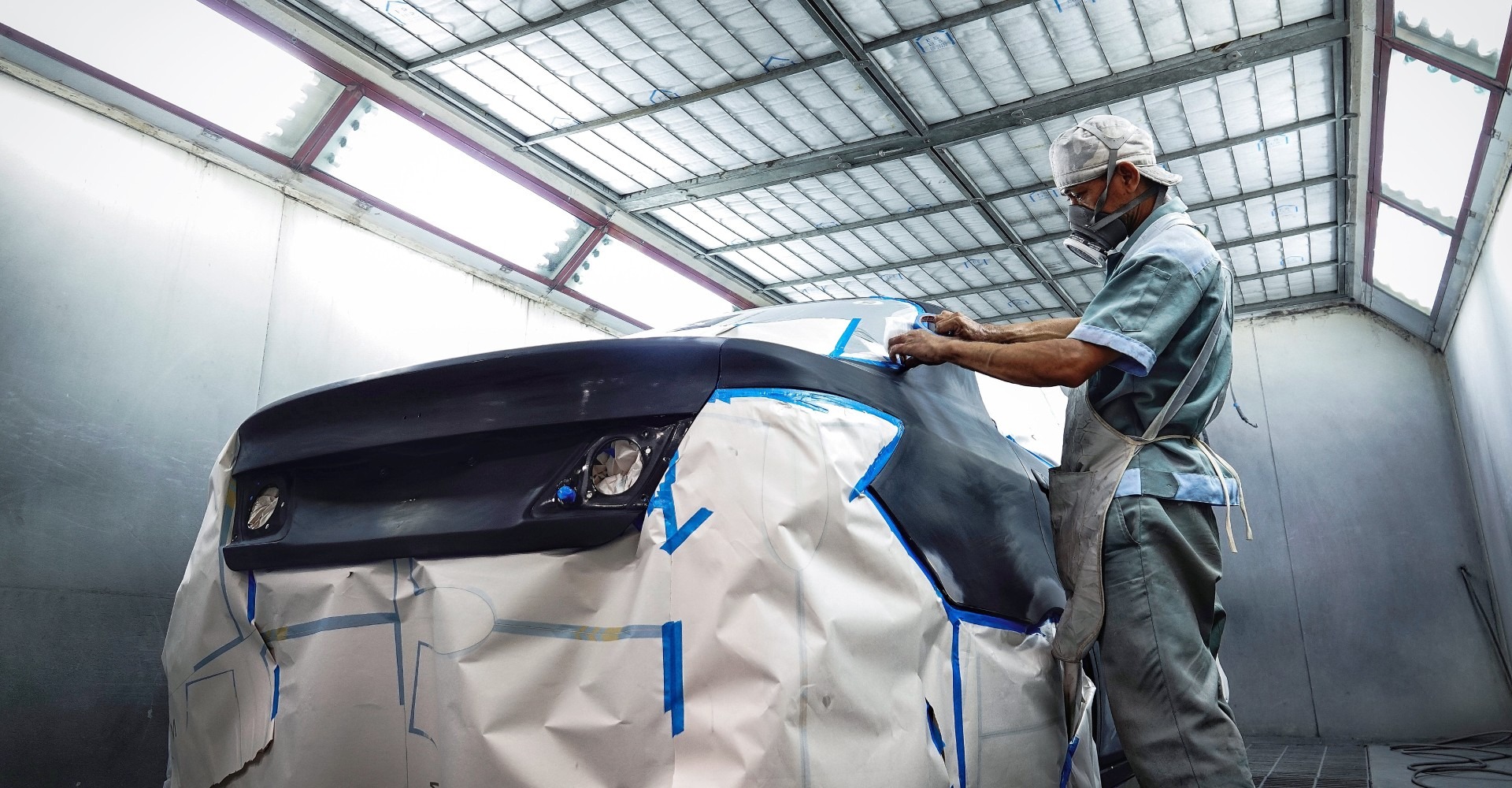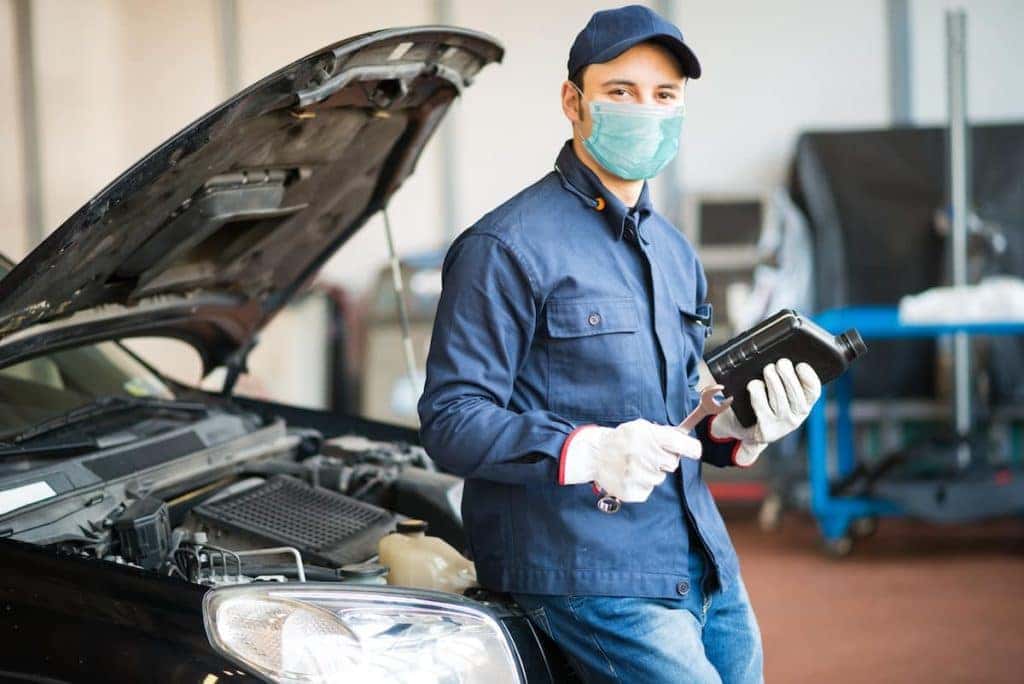All Categories
Featured
Your auto is a crucial part of your day-to-day life, and taking good care of it makes sure that it serves you dependably for several years ahead. While contemporary vehicles are created to be sturdy, ignoring proper maintenance can bring about unneeded malfunctions and costly repair services. Below's just how you can maintain your auto running longer and in peak condition.
- Follow Regular Upkeep. The foundation of a resilient automobile is normal upkeep. Follow your manufacturer's advised upkeep schedule, which can commonly be found in your car's owner's handbook. Normal jobs like oil modifications, tire turnings, and brake checks prevent deterioration and maintain your automobile doing efficiently.
Neglecting oil adjustments is among the quickest means to damage your engine. Clean oil ensures appropriate lubrication and protects against overheating. Relying on your car and driving routines, oil modifications are generally required every 3,000 to 5,000 miles or as specified by the supplier.
- Examine and Renew Fluids. Your auto relies upon several fluids to operate smoothly. These consist of engine oil, transmission liquid, coolant, brake liquid, and power guiding liquid. Reduced or unclean liquids can cause engine getting too hot, slipping gears, and brake failure.
Make it a behavior to inspect liquid levels consistently. If you observe a substantial decrease in liquid degrees, it may suggest a leakage that requires immediate attention. Maintaining liquids tidy and at the right degrees ensures your auto runs efficiently and stops costly fixings.
- Keep an Eye on Your Tires. Tire maintenance is crucial for both safety and efficiency. Poorly inflated tires can minimize fuel efficiency, create unequal wear, and raise the threat of blowouts. Inspect your tire stress monthly and ensure it matches the producer's recommendations.
Rotating your tires every 5,000 to 7,500 miles promotes also use and expands their life-span. Additionally, inspect your tires for any signs of damage, such as cuts, protrudes, or low tread depth, and replace them when necessary.
- Replace Worn Parts promptly. Disregarding worn-out parts can lead to larger problems in the future. As an example, failing to replace a worn timing belt can result in engine failure. Likewise, used brake pads can harm blades, bring about costly fixings.
Be positive concerning replacing parts such as trigger plugs, filters, and belts according to the manufacturer's guidelines. Utilizing high-grade replacement components guarantees better efficiency and long life.
- Practice Gentle Driving. The means you drive dramatically affects the life expectancy of your automobile. Hostile driving behaviors, such as rapid velocity, unexpected braking, and tough cornering, put extra stress and anxiety on the engine, brakes, and tires.
Rather, take on smooth driving methods. Speed up progressively, keep a constant speed, and brake gently whenever feasible. This reduces damage on your automobile's parts and improves fuel efficiency.

- Secure Your Cars and truck's Outside. Maintaining your vehicle clean isn't almost looks-- it has to do with protecting against damages. Dirt, road salt, and crud can create corrosion and rust, specifically in the undercarriage. Normal cleaning, especially during winter months or after driving on salted roads, is necessary.
Waxing your vehicle every couple of months provides a protective layer versus ecological damage. In addition, park your cars and truck in a garage or use an automobile cover to protect it from severe climate and UV rays, which can fade the paint and damages the inside.
- Don't Neglect Warning Indications. Control panel caution lights are your car's way of informing you something needs interest. Whether it's the check engine light, reduced oil stress, or tire pressure caution, resolving these alerts immediately can stop minor concerns from coming to be significant repair work.
If you observe unusual audios, vibrations, or modifications in your vehicle's performance, do not ignore them. A professional auto mechanic can diagnose and repair the trouble before it rises.
- Store Your Car Effectively. If you're not using your automobile for a prolonged duration, correct storage space is crucial. Maintain your automobile in a cool, dry place to shield it from weather condition damage. Utilize a battery tender to maintain the battery fee and include a gas stabilizer to stop the gas from wearing away.

Starting the automobile sometimes or taking it for a short drive can keep all systems in working order and stop components from taking up.
Verdict: Consistency Is Secret. Maintaining your vehicle running much longer doesn't need complex measures-- just consistency and attention to information. Treat your auto with care, and it will compensate you with reliability, much better performance, and years of reputable service.
Latest Posts
Grab Special Auto Repair Deals in Chicago at Montclare Auto Repair
Learn How to Save Big on Car Maintenance with Montclare Auto Repair’s Limited-Time Deals
Unlock WyHy Federal Credit Union – Key Advantages for Your Money Goals
More
Latest Posts
Grab Special Auto Repair Deals in Chicago at Montclare Auto Repair
Learn How to Save Big on Car Maintenance with Montclare Auto Repair’s Limited-Time Deals
Unlock WyHy Federal Credit Union – Key Advantages for Your Money Goals